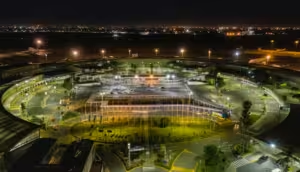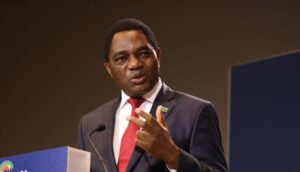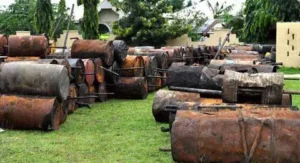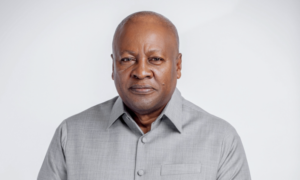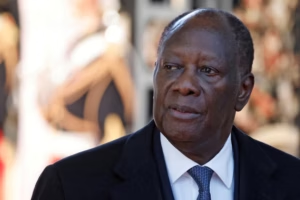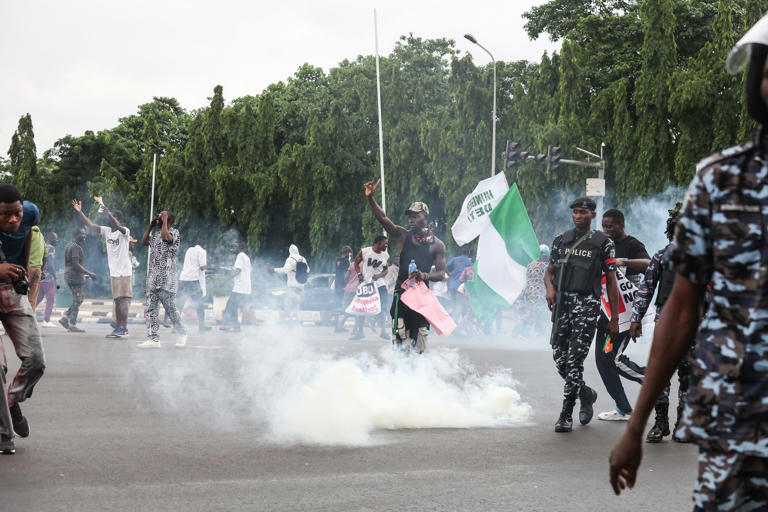
A crackdown by Nigerian security forces on protests over rising living costs in Africa’s most populous nation has resulted in at least 13 fatalities. Crowds chanting “we are hungry” took to the streets in various cities on Thursday, leading to a 24-hour curfew in the northern states of Kano, Borno, and Yobe after the protests escalated into violence. On Friday morning, smaller groups of protesters assembled in the capital, Abuja, Lagos’ commercial center, and Port Harcourt in Rivers State.
The demonstrators have put forward 12 demands, including the full reinstatement of fuel subsidies that cost $10 billion in 2022 and were partially removed last year, a reduction in electricity tariffs, and lower import duties.
Public discontent has been fueled by rising prices for gasoline, food, and electricity, pushing inflation to nearly a three-decade peak. The protesters attribute these issues to the reforms initiated by President Bola Tinubu since his inauguration in May of the previous year, such as the elimination of subsidies and the easing of foreign exchange controls, which have led to the devaluation of the naira.
The persistent public outcry may compel the government to reconsider some of its reforms, potentially hindering efforts to draw foreign investment into a country where 40% of its over 200 million inhabitants live in extreme poverty.
Investor confidence has been shaken, evidenced by the spike in the yield on Nigeria’s longest-dated dollar bond due in 2051, which increased by 19 basis points to 11.19% on Friday, the highest since November, per Bloomberg data. Additionally, the main index of the stock exchange fell by 0.42% to 97,359.76 points, marking its lowest point since January 22.
Protesters have been organized via social media, with calls for daily demonstrations until August 10. Authorities have attempted to quell the unrest by securing court orders, cautioning against illegal assemblies, and appealing to community leaders.
